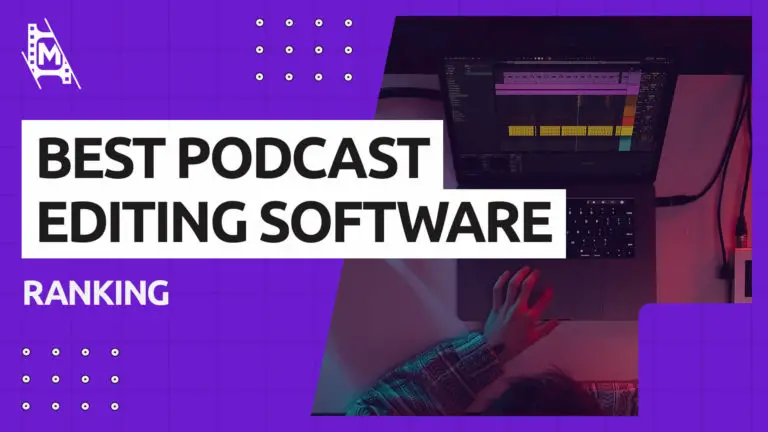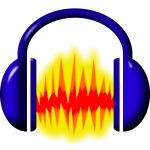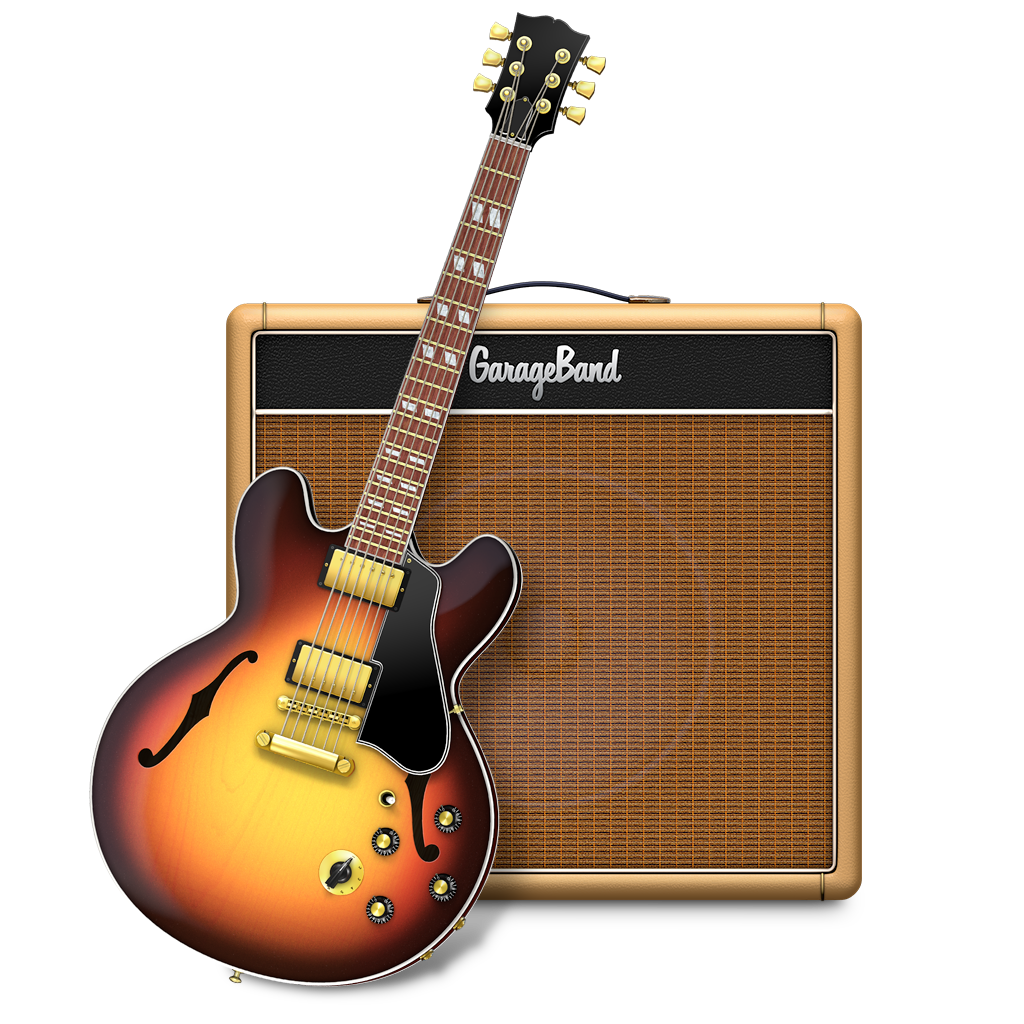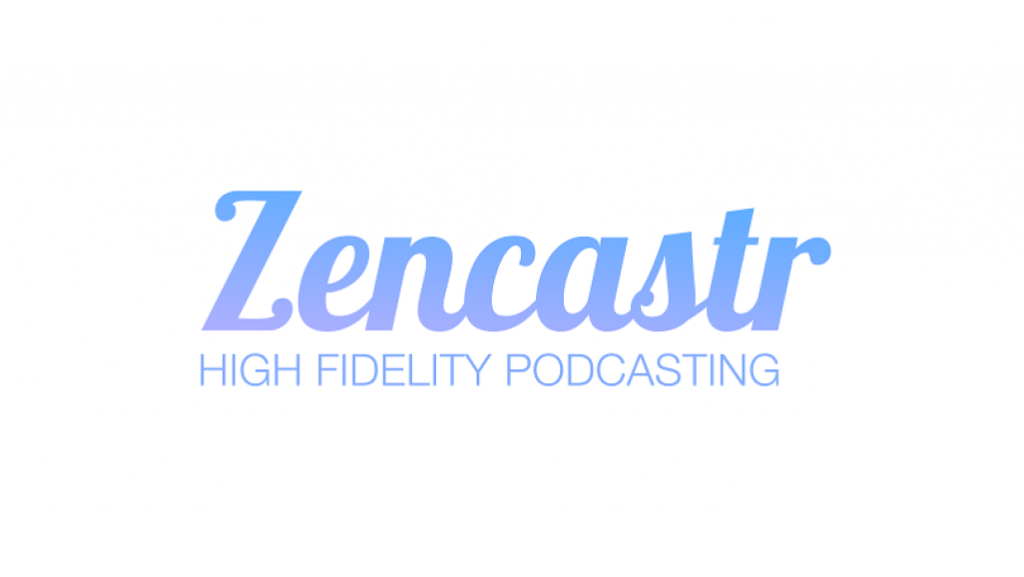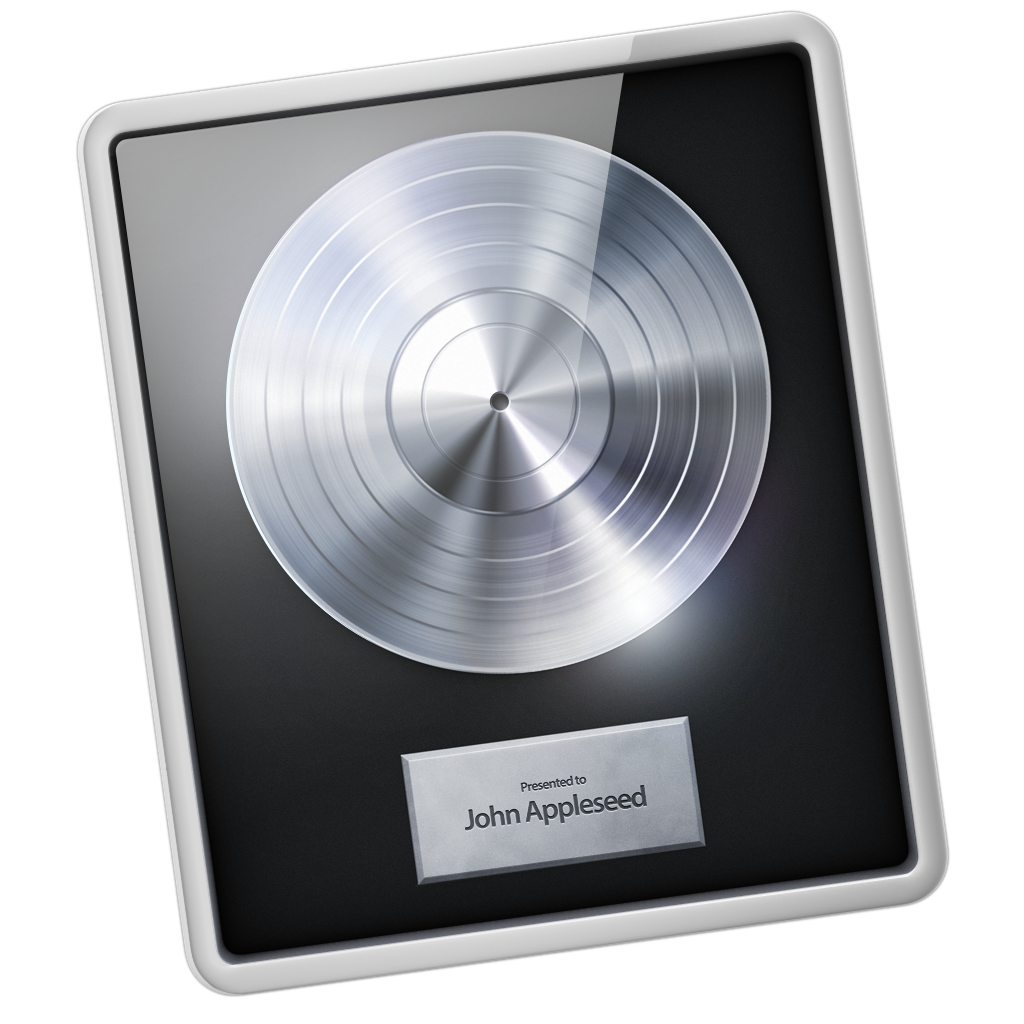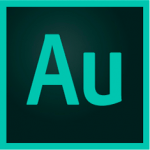Setting up a Podcast can be a bit intimidating. There are different equipment, setups, and words involved. But other than hardware, at the core of a podcast setup is the recording and editing software. This is where all the pieces come together to form a cohesive story.
In this article, we will share with you the 8 best software for recording and editing a podcast. Both free and paid options will be covered. Enjoy.
Feel free to check out our other articles on podcasting like Best podcast formats 2020 or How to Name a Podcast.
Free Podcast Editing Software
Let’s begin with the free podcast software on this list. When it comes to podcasting, there are really two free options that are straightforward. Audacity (Windows, Linux, macOS) and GarageBand (macOS).
Audacity is a completely free, open-source audio recording software. It is the go-to free option for Windows and Linux users.
The software allows you to connect and record several microphones through multitrack recording. It also offers a wide variety of editing tools ideal for dialog and music segments. No wonder then, that Audacity is so popular for podcasting.
Because Audacity is open-source software, the menus and user interface will be a bit rougher than other options on the list. It can be a bit difficult for beginners to start using the tools and navigate the menus. Having said that, Audacity is still a good place to begin if you start a podcast.
Pros:
- Free
- Frequent updates
Cons:
- Rougher interface – difficult for beginners
GarageBand is a digital audio workstation that allows you to record and edit all kinds of sounds, similar to Audacity. Although it is macOS software, unofficially, you can run GarageBand on a Windows PC by following this step-by-step guide.
The most notable difference between GarageBand and Audacity is GarageBand’s easy-to-use interface. As with most things, Apple made sure this software had a simple, streamlined user experience. Garageband definitely has a smaller learning curve than Audacity.
Its biggest weakness is that this high-quality free software is available on macOS. Garage band also does not offer as many audio editing tools as Audacity, but still enough for creating a podcast.
Pros:
- Easy to use interface – Beginner-friendly
Cons:
- Only available for macOS officially
- Not as many editing tools as Audacity
Paid Podcast Editing Software
If you are looking for more features and better workflow, you should consider a paid app. The options covered here range from web-based apps to professional audio editing software.
Zenscastr is a web-based app created for podcasting. It offers an easy-to-use interface, lossless WAV recording, multitrack recording, and a built-in VoIP, so there is no need to use Zoom or Skype.
There are several plans available to get started, ranging from a free hobbyist account plan to a paid professional plan. It should be noted that the free option lacks many of the features mentioned above.
Overall, the software works well with both Chrome and Firefox and is quite beginner-friendly. It has all the necessary tools you need for starting and running a podcast.
The main con with Zencastr is the relatively expensive monthly subscription plan. You are not getting any hosting and publishing tools that similar services offer. Even then, Zencastr offers an incredibly efficient workflow and makes setting up a podcast a lot easier.
Pros:
- Efficient workflow
- Easy to use interface
- Built-in VoIP – no need for Zoom or Skype
Cons:
- No Hosting / Publishing services included
Logic Pro X is a powerful audio editing and recording software available to Mac users. It is primarily targeted for music production but works for podcasting as well.
The custom audio manipulation tools go well beyond what is needed for a simple podcast, yet the ones you will use work very well. The software is further enhanced by the many third-party effect plugins available for absolute customization.
Surprisingly, with its many complex features and tools, Logic Pro X still manages to offer a relatively easy-to-learn interface. This is not to say you will need some practice as a beginner, but it is not as hard to learn as other software on this list.
It is a bit unfortunate that Logic Pro X is only available for Mac as it is such powerful software. There is however ways to make Logic Pro X run on Windows with the help of VirtualBox.
Pros:
- Very powerful features and tools
- Surprisingly easy to learn
Cons:
- Only available for mac
- Not targeted for podcasters – You will only be using a small part of the software for podcasting.
This is software made for journalists and podcasters without much technical experience. Hindenburg Journalist enables you to create a great-sounding podcast with a very beginner-friendly interface.
Because it’s made explicitly for the task, it offers all the necessary features for editing a podcast without the necessities of other software like Audacity or Logic Pro X.
Hindenburg Journalist records and edits audio in great quality. Its audio repairing tools are also great for really creating the highest quality content you can.
Hindenburg Journalist itself costs about $95, but that is only the entry-level software. Hindenburg Journalists Pro costs a whopping $375 for many features you want to have as a podcaster. The high price can be a turn-off for some.
Pros:
- Very beginner-friendly
Cons:
- High Price
Adobe Audition is another powerful audio editor on this list. It comes with all the necessities for podcast recording.
Adobes software always offers simple but effective layouts that are customizable to your needs. It is no different with Audition. The ability to switch between different interface layouts is a very nice touch and really makes the editing process flow better.
Where this software stand above the rest is its great audio editing and repair features. When it comes to repairing or denoising audio, Audition is the way to go.
The other pro with Audition is how it is integrated with Adobe Creative Cloud. If you are already using Adobes photo and video editing software for your podcasts, it could be wise to include Audition too since it is straightforward to share files and organize projects. At the same time, adobe’s expensive subscription models have been a turn-off for some.
Pros:
- Part of Adobe Creative Cloud
- Good audio repairing tools
Cons:
- Expensive subscription model
Other Helpful Apps for Podcasters
In addition to the options above, there might be some other apps you can use as well.
Zoom
Zoom is really a great way to do interviews for podcasts as it has a built-in recorder that exports separate tracks for each person talking in the call. This is also why we haven’t even mentioned Skype on the list as the only way to record a video call is to pay for an addon software.
As Zoom is rising in popularity, it’s becoming the go-to option for podcasters as well.
Alitu
Alitu is a web-based podcast editor. While Alitu itself does not have recording capabilities, it does offer editing and hosting options for your podcast. This means you still have to have a third-party app to record the audio. It might be worth checking out.
In Conclusion
As podcasting has grown in popularity, so has the options when it comes to podcast software. There are really no excuses not to start a podcast today; all you need is the setup and a good story to get going.
